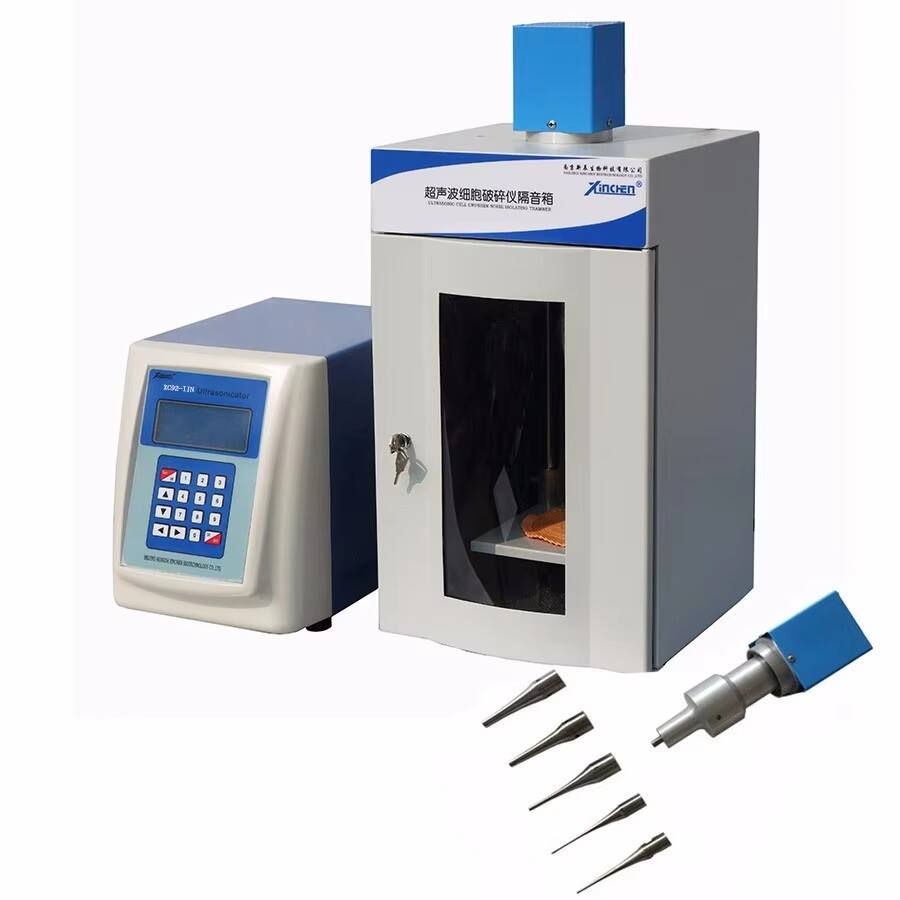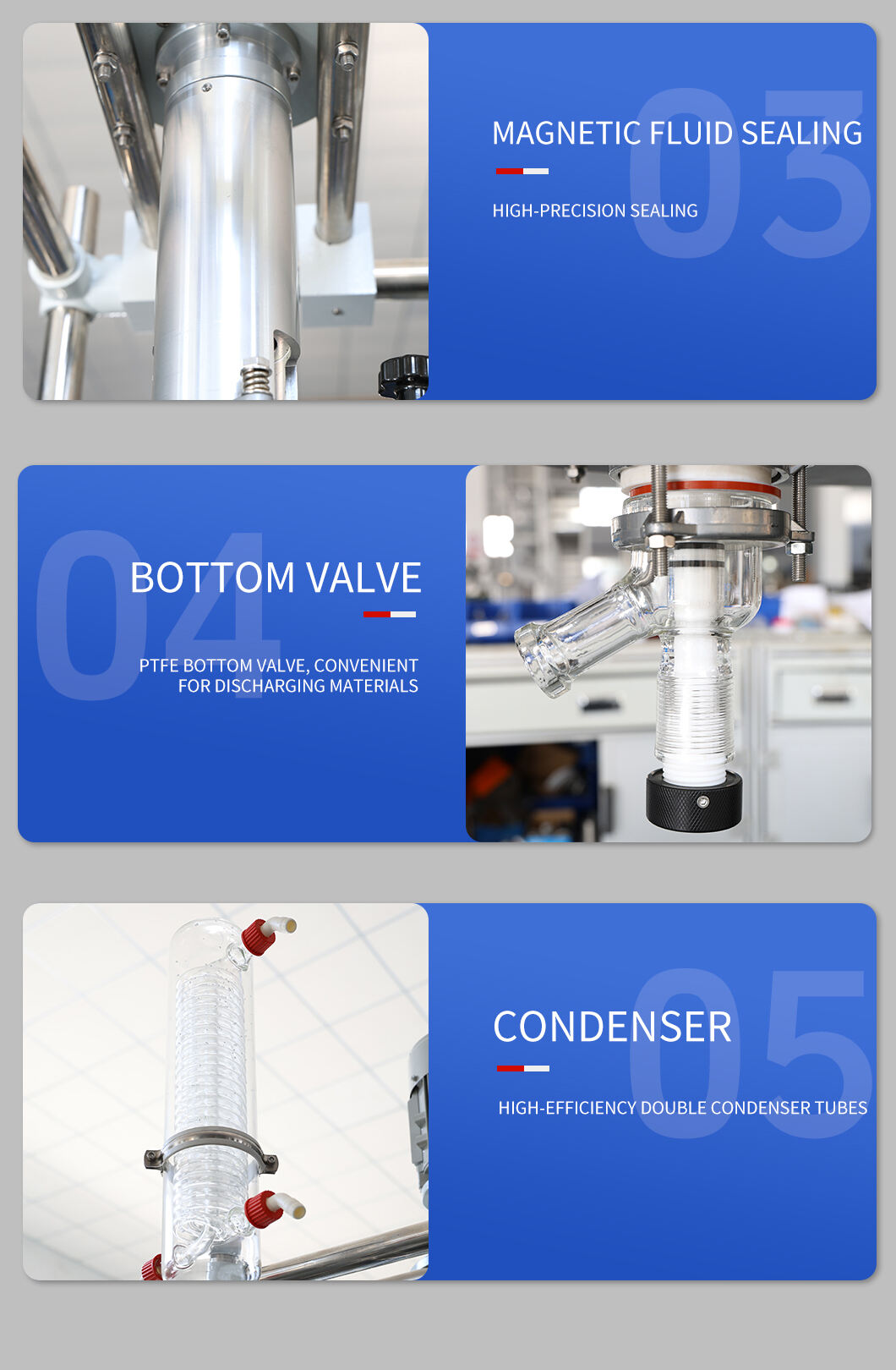glass reactor laboratory
A glass reactor laboratory represents a cutting-edge facility designed for conducting precise chemical reactions and processes in a controlled environment. These specialized laboratories feature advanced glass reactor systems that enable researchers and manufacturers to perform complex chemical operations with exceptional visibility and control. The setup typically includes borosilicate glass vessels of various sizes, ranging from bench-top units to pilot-scale systems, equipped with sophisticated temperature control mechanisms, stirring systems, and multiple input ports. The transparent nature of glass reactors allows for real-time observation of reactions, enabling immediate adjustments and optimal process control. These laboratories are equipped with state-of-the-art safety features, including pressure relief systems, explosion-proof configurations, and emergency shutdown protocols. The versatility of glass reactor laboratories makes them invaluable across numerous industries, including pharmaceutical development, chemical synthesis, biotechnology research, and materials science. They excel in both batch and continuous processing operations, offering capabilities for scaling up from research to production levels. The precise control over reaction parameters, such as temperature, pressure, and mixing speed, ensures reproducible results and high-quality output.


